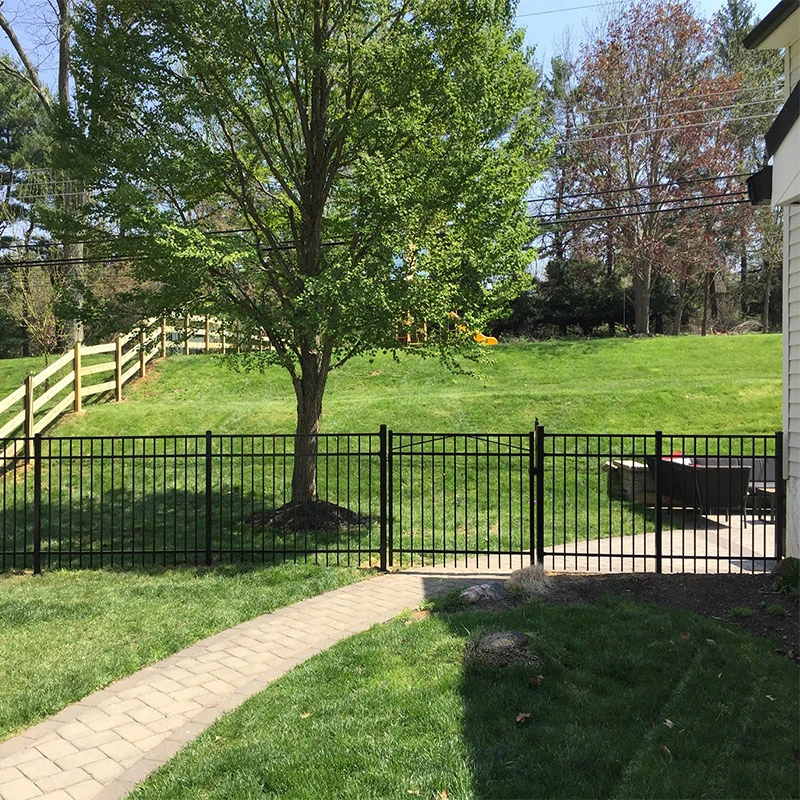Dec . 04, 2024 10:03 Back to list
wire mesh price per square meter
Understanding Wire Mesh Prices Per Square Meter
Wire mesh is a versatile material widely used in various industries, including construction, agriculture, manufacturing, and even art. Its strength and durability make it an essential component for numerous applications, from fencing and barriers to reinforcement and filtration systems. One of the critical factors in selecting the right type of wire mesh for any project is understanding its price per square meter, which can vary significantly based on several factors.
Factors Influencing Wire Mesh Prices
1. Material Composition Wire mesh is typically made from various materials such as stainless steel, galvanized steel, aluminum, or plastic. Stainless steel mesh, for instance, is often more expensive due to its corrosion resistance and durability. Galvanized steel mesh, while cheaper, may not be suitable for all environments but offers adequate protection against rust for less demanding applications.
2. Wire Diameter The thickness or diameter of the wire used to create the mesh is another significant determinant of price. Thicker wires provide greater strength and stability, making them more expensive. For example, a mesh made of 2.5 mm wire will typically cost more than one made from 1.2 mm wire. The choice of wire diameter must align with the intended use and the load it will bear.
3. Mesh Size and Configuration Wire mesh comes in various configurations, including welded wire mesh and woven wire mesh. The spacing between the wires, measured both vertically and horizontally, also affects pricing. Tighter mesh configurations may require more material and labor, thus increasing the price per square meter.
4. Surface Finish The finish of the wire mesh plays a crucial role in both aesthetics and durability. Options include bare, painted, or coated finishes that can provide additional protection against the elements. For instance, PVC-coated wire mesh is commonly used for outdoor applications due to its resistance to corrosion. However, such added features can elevate the cost.
wire mesh price per square meter

5. Quantity and Customization Bulk purchase orders often come with discounts, which can significantly influence the price per square meter. Custom-designed mesh to fit specific project requirements may incur additional costs due to special materials or labor involved in the manufacturing process.
6. Market Demand and Economic Factors Prices can fluctuate based on market demand and international economic conditions. For instance, during a construction boom, the demand for wire mesh can drive prices up. Conversely, during economic downturns, prices may drop due to reduced demand.
Comparing Prices
To get the best value for wire mesh, it is essential to compare prices from multiple suppliers. Online platforms and local hardware stores may offer different rates depending on the aforementioned factors. When comparing prices, potential buyers should also consider the total cost of ownership, which includes installation, transportation, and any additional materials needed for the application.
Conclusion
In summary, the price of wire mesh per square meter is influenced by numerous factors, including material composition, wire diameter, and overall configuration. Understanding these elements can help consumers make informed decisions tailored to their specific needs. Whether for a large-scale construction project or a smaller DIY task, recognizing the significance of each factor will ensure that you choose the most appropriate wire mesh while staying within budget. With the right information and a keen eye for detail, procurement can become a straightforward process, leading to successful project outcomes.
-
Reinforcing Mesh: Core Material of the Construction Industry
NewsJul.07,2025
-
Welded Wire Fabric Reinvented for Modern Projects
NewsJul.04,2025
-
Superiority of Stainless Steel Woven Mesh
NewsJul.04,2025
-
Key Types of Razor Wire and Their Applications
NewsJul.04,2025
-
Durable Metal Fence Types for Security
NewsJul.04,2025
-
Best Materials for Livestock Fence
NewsJul.04,2025
products.







